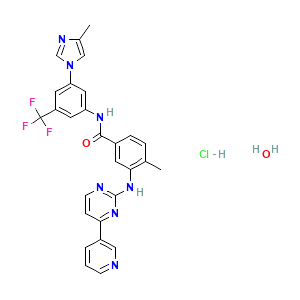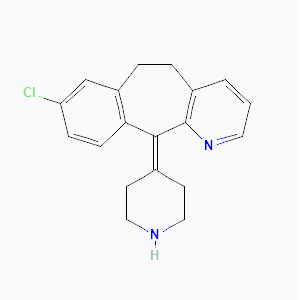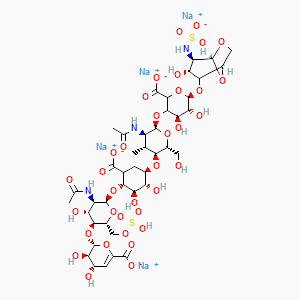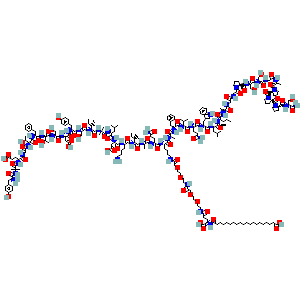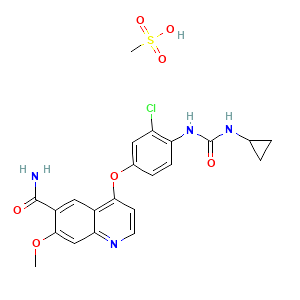Mechanism Of Action:
Nilotinib can inhibit the tyrosine kinase activity of the BCR-ABL protein; CML is caused by the BCR-ABL oncogene. Nilotinib can overcome resistance by inhibiting BCR-ABL with higher affinity than imatinib by binding to the ATP-binding site of the BCR-ABL protein.
Nilotinib showed potential use for myeloproliferative diseases like; chronic myelomonocytic leukemia, and hyper eosinophilic syndrome by representing ability to inhibit TEL-platelet-derived growth factor receptor-beta (TEL-PDGFRbeta), which causes chronic myelomonocytic leukemia, and FIP1-like-1-PDGFRalpha, which causes hyper eosinophilic syndrome. It can also inhibit the c-Kit receptor kinase, like the D816V-mutated variant of KIT, at pharmacologically achievable concentrations, showing potential use in the treatment of mastocytosis, and gastrointestinal stromal tumors.
Indication:
It is indicated for the treatment of:
- Adult patients with newly diagnosed Philadelphia chromosome–positive (Ph+) chronic myeloid leukemia (CML) in chronic phase.
- Adult patients with Ph+ CML in chronic phase and accelerated phase who no longer benefit from, or didn’t tolerate other treatment like imatinib.
- Children (ages 1 year and older) with newly diagnosed Ph+ CML in chronic phase.
- Children (ages 1 year and older) with chronic phase Ph+ CML or accelerated phase Ph+ CML who:
- Are no longer benefiting from treatment with a tyrosine kinase inhibitor medicine, or
- Have taken another tyrosine kinase inhibitor medicine and cannot tolerate it.

